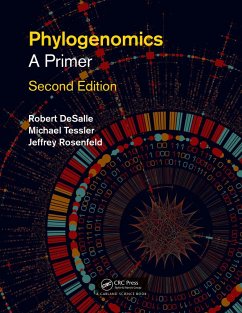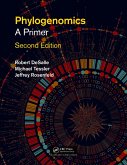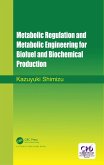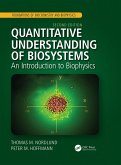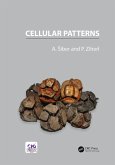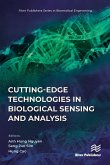Dieser Download kann aus rechtlichen Gründen nur mit Rechnungsadresse in A, B, BG, CY, CZ, D, DK, EW, E, FIN, F, GR, HR, H, IRL, I, LT, L, LR, M, NL, PL, P, R, S, SLO, SK ausgeliefert werden.
welcome update of the first edition that is now several years old. I would
recommend it to my colleagues teaching this material without reservation."
- Mark F. Sanders, PhD, UC Davis College of Biological Sciences

